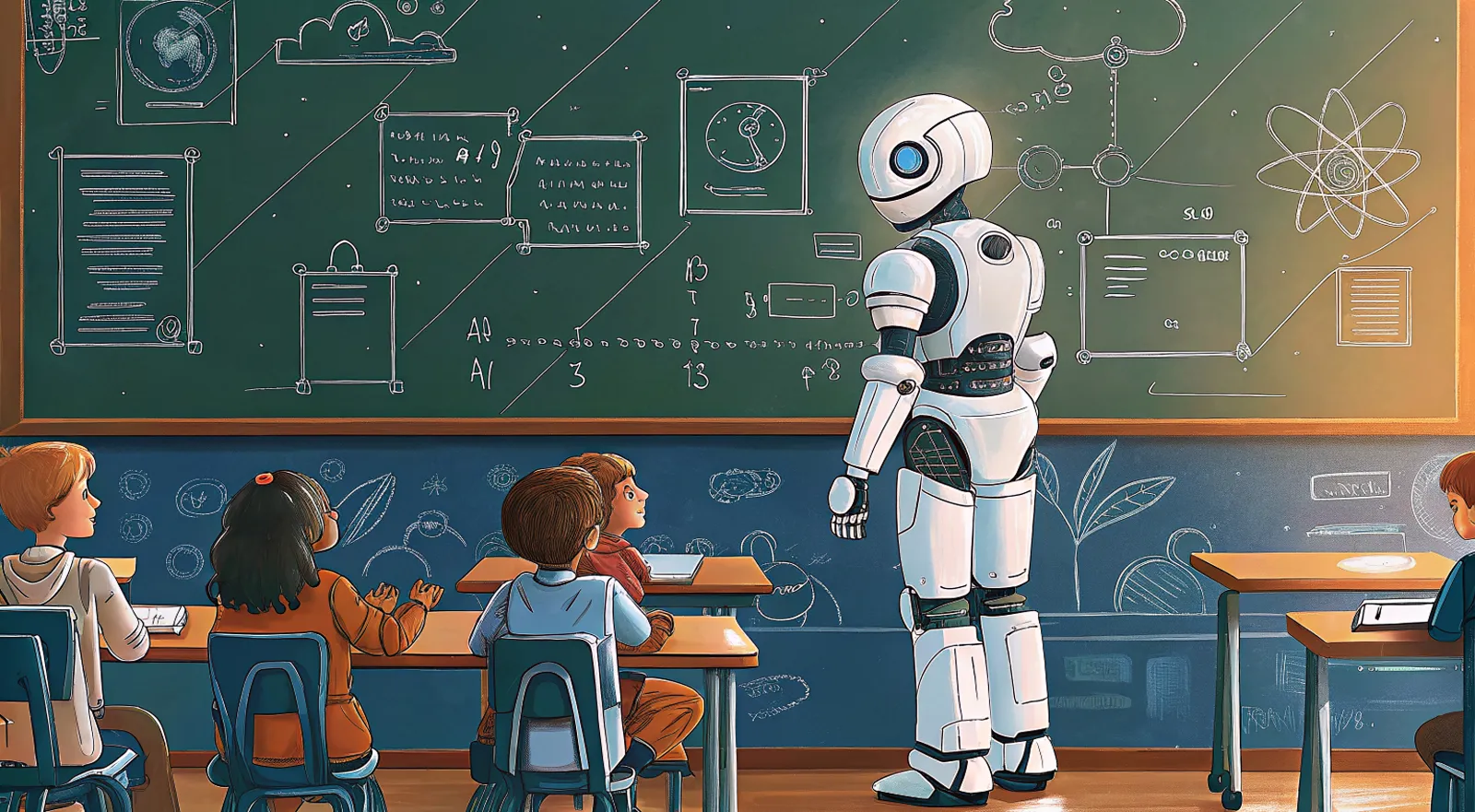The first half of the year has been intense and rewarding. Beyond enabling more and more schools to measure and develop soft skills through our SkillQuest platform, we've also been invited by a growing number of educational institutions to deliver workshops on Generative AI and soft skills—a clear sign that interest in these topics is increasing.
Our workshop spans 20 hours across five afternoons and takes participants on a journey: beginning with a contextual understanding of the technological evolution that brought us to today’s Generative AI and arriving at the realization of just how essential and irreplaceable our human skills have become.
Rather than focus on the technical aspects of AI, like prompt-writing or building AI agents, the workshop’s aim is broader and deeper. We explore the idea that Generative AI is not just another “tool” or “technology” in the traditional sense. Instead, it behaves more like an “entity” with which we must learn to establish a new kind of relationship. This shift requires a different mindset and a new skillset, a soft skills framework rooted in communication, critical thinking, empathy, adaptability, and creativity. These skills, combined with our natural human talent, form what we describe as our Professional Personality.
As one teacher insightfully shared during a session: “Dialogues create relationships.” Unlike traditional technologies such as phones or televisions that respond to simple commands, tools like ChatGPT, Claude, Gemini, or Copilot invite conversations. We articulate our needs, clarify our goals, and work through challenges together with these systems. The responses we receive are shaped by the way we engage, dynamically rather than in a fixed way. This process is less about issuing commands and more about building a meaningful exchange. In this evolving landscape, our human talent takes on a new level of importance.
The way we communicate, the thoughtfulness with which we approach the interaction, and our ability to analyze and reflect critically on the information provided all play a significant role in shaping outcomes. These uniquely human skills are becoming central in the way we collaborate with AI.
It’s an interesting paradox: as AI becomes more capable and pervasive into our work and lives, it also highlights the distinct value of human skills. Rather than diminishing our role, it offers an opportunity to reaffirm and cultivate the abilities that define us. This moment could be seen as a kind of digital renaissance, one where human talent is at its core.
Educational institutions sit at the frontline of this transformation. On one hand, AI challenges traditional teaching models. On the other, schools have a moral obligation to prepare students to use these powerful tools wisely and effectively.
It’s a monumental task—and one that far too many teachers are being asked to face alone. Around the world, school administrations have yet to grasp the urgency of the moment. Instead of engaging with the long-term implications of AI, many debates are still centered on whether to ban specific technologies from the classroom. This ignores the simple truth that these same technologies will be waiting outside the school gates the moment students leave: the ostrich strategy has never served education well.
Throughout our workshops, we've heard the call for support from a teaching community that’s grappling with this revolution, as both educators and parents. Our response is to offer not just information, but a framework: one that helps teachers make sense of the cultural transformation underway and equips them with the tools needed to design educational strategies that put our most valuable asset - our unique, irreplaceable human talent - at the center.
Unlock Your Potential
Become a player and begin measuring your soft skills
Download our registration guide (PDF) to learn how to activate a Steam account, play, and generate reports and charts.




